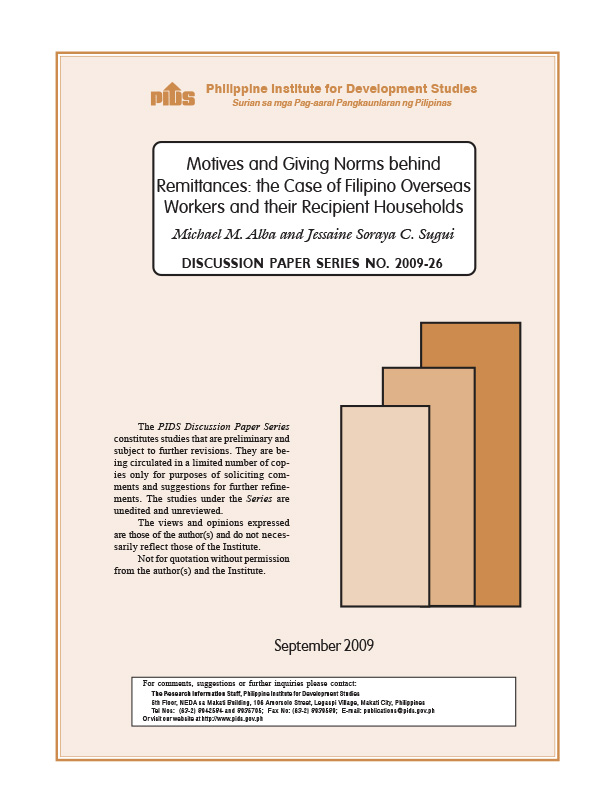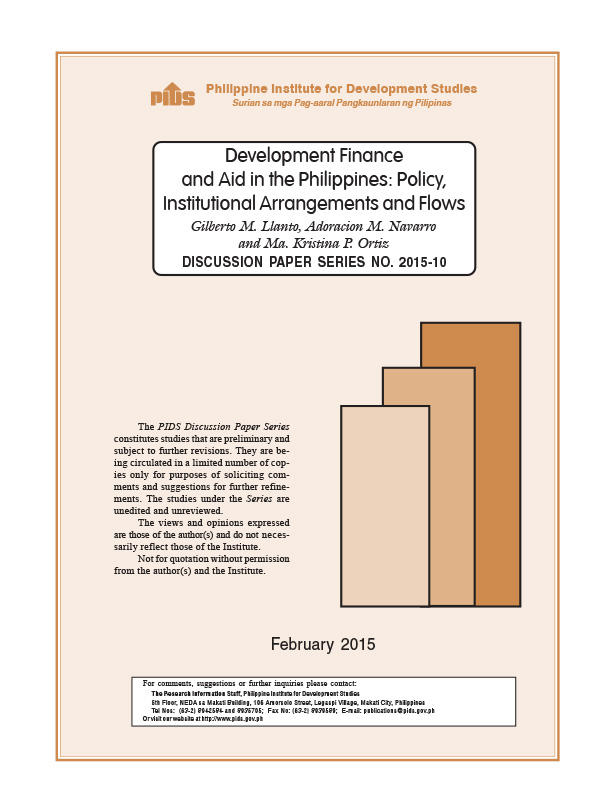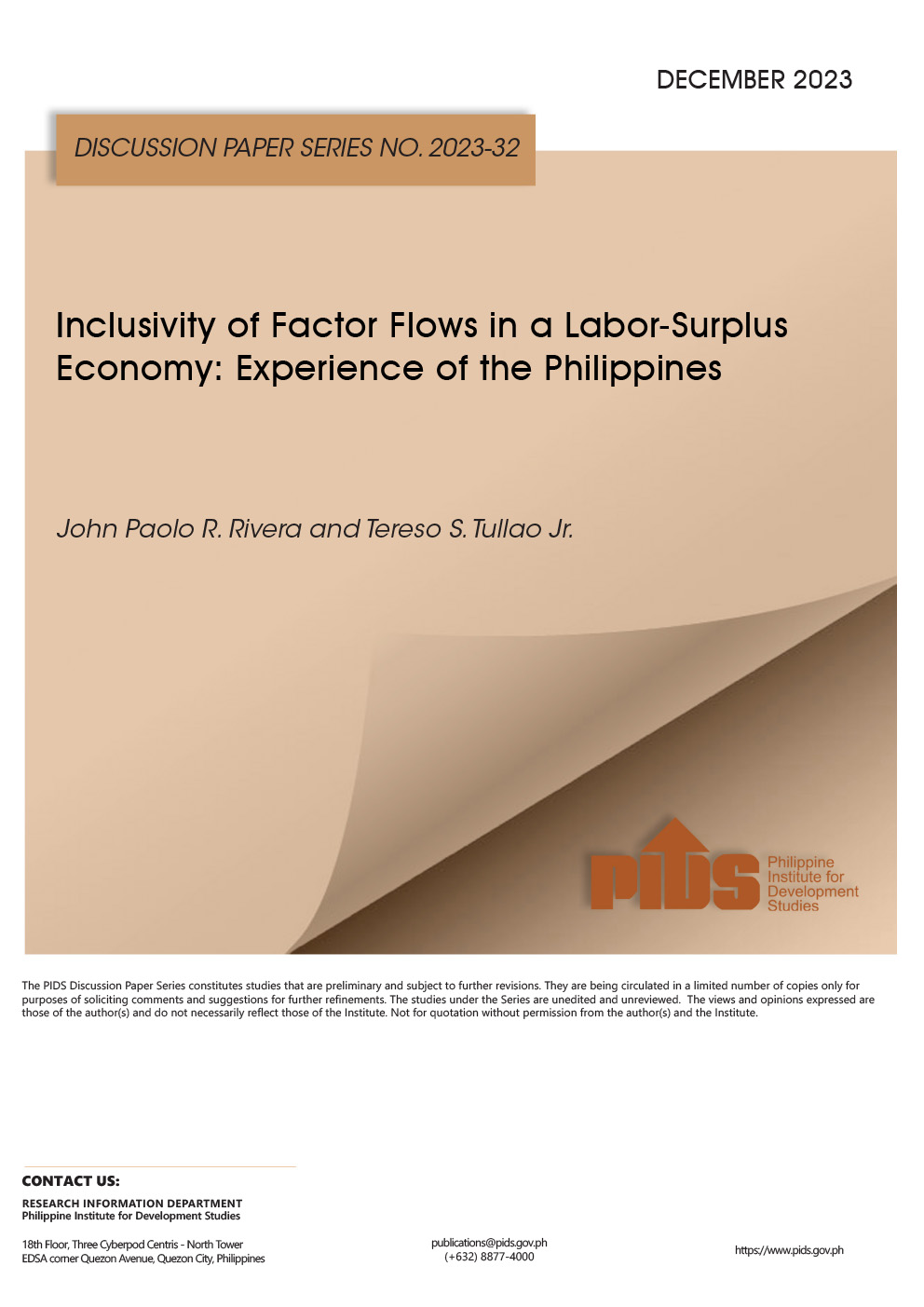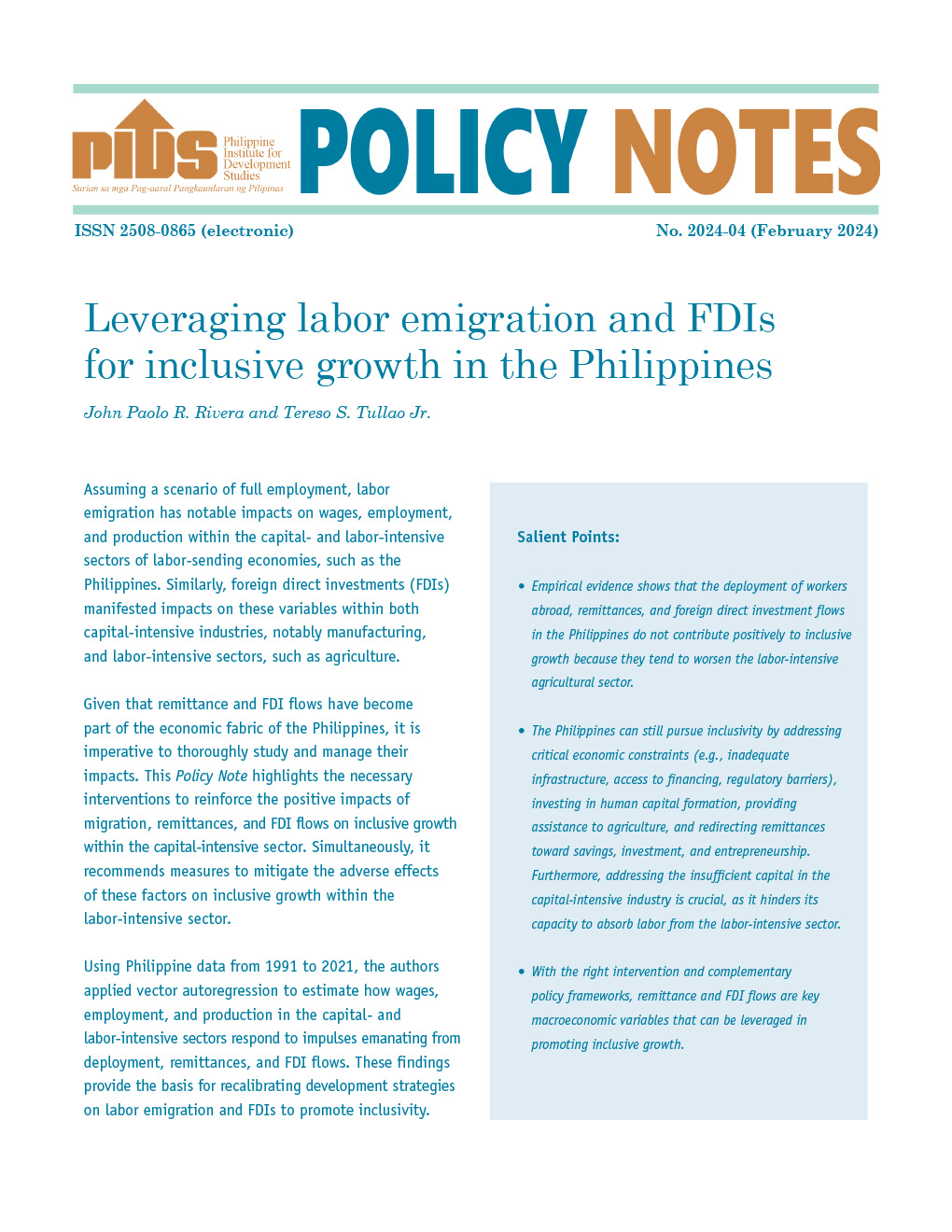The literature has focused on motives to explain remittance behavior. But as nonanonymous transfers, remittances are apt to be influenced by giving norms as well. We formulate an empirical specification that takes account of remittance motives involving worker-household pairs. We find that altruism dominates the exchange motive among overseas workers who are likely to be the primary breadwinners of their recipient households. We also find that in the subsample in which overseas workers are likely to be secondary breadwinners, (a) household labor income is an endogenous explanatory variable, and (b) the error covariance of the household income and remittance selection equations is positive. A possible reason for (a) is that secondary breadwinners use household income as an imperfect signal of opportunity cost or to detect unobserved effort, i.e., moral hazard, in generating income. As for (b), we surmise that it indicates the presence of incentive-compatible mechanisms against moral hazard. On giving norms, we find that, in samples that include overseas workers who are secondary breadwinners, remittance amounts are afflicted with negative selectivity. We present evidence that this is consistent with Filipino giving practices in which everyone gives but in modest amounts.
Citations
This publication has been cited 2 times
- Emara, Noha and Yuanhao Zhang. 2020. The non-linear impact of digitization on remittances inflow: Evidence from the BRICS. Telecommunications Policy, 45, no. 4 . Elsevier.
- Emara, Noha and Yuanhao Zhang. 2020. The non-linear impact of digitization on remittances inflow: evidence from the BRICS. MPRA Paper 105734. University Library of Munich, Germany.













